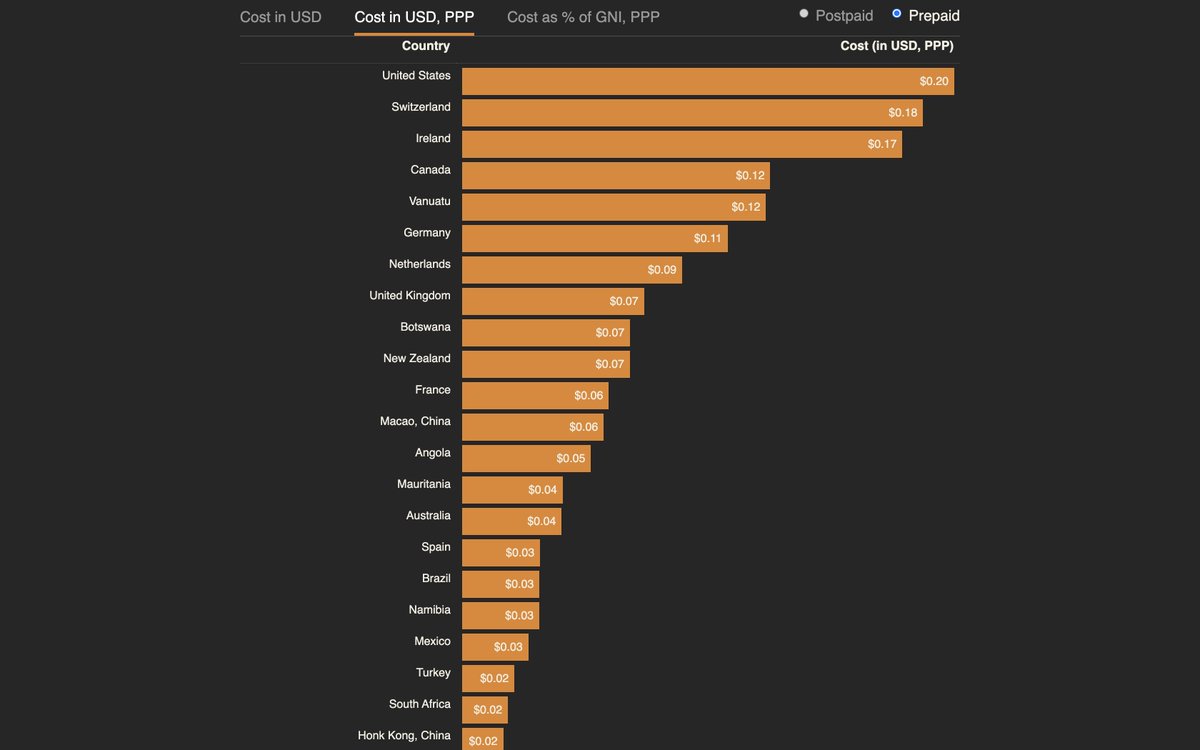
Yesterday at #WCEU, I had a brief conversation on contributing to open source as a company. I referred to #sustainability as an approach to doing business which embeds but also goes beyond the environmental aspects of the term.
Let me try and connect a few dots… 🧵
Let me try and connect a few dots… 🧵
What do topics like sustainability, accessibility, progressive enhancement, ethics, diversity, and data privacy have in common?
1️⃣ Tech people talk about them a lot (at least in my neck of the web).
2️⃣ Few companies incorporate them well *as a whole*.
Why is that?
1️⃣ Tech people talk about them a lot (at least in my neck of the web).
2️⃣ Few companies incorporate them well *as a whole*.
Why is that?
Because change is hard. And being the proverbial ‘change you want to see in the world’ – in an economy dominated by mega corps, perhaps having to answer to investors, certainly needing to drive revenue, probably while battling a bazillion problems – can feel near impossible.
However, I believe we *can* do better than sociopathic business as usual, as Tom Greenwood of @eatwholegrain puts it. Tom mentions how businesses are part of the (environmental) problem, but that they can and must be part of the solution.
wholegraindigital.com/blog/we-can-do…
wholegraindigital.com/blog/we-can-do…
To me, one way for companies to start being part of the solution is when you begin to think about sustainability literally as your primary business goal.
You want to stay in (i.e. sustain your own) business, right?
You want to stay in (i.e. sustain your own) business, right?
So what sits at the heart of any value proposal of any honest business?
People, clearly.
Markets are people.
Products and services are for people.
D’oh? D’oh.
People, clearly.
Markets are people.
Products and services are for people.
D’oh? D’oh.
There’s your first connection: accessibility.
Your success (i.e. sustaining your business long-term) will depend on people – probably quite a few – being able to access your product.
On the web, why wouldn’t you start with accessibility as a core design principle?
Your success (i.e. sustaining your business long-term) will depend on people – probably quite a few – being able to access your product.
On the web, why wouldn’t you start with accessibility as a core design principle?
If you start with accessibility (in order to sustain your business long-term), you may naturally begin to think about progressive enhancement. Why not add to your fully accessible core experience progressively to make it even more delightful and stand out from your competition?
(Yes, I’m referring to @adactio’s The Layers of the Web here. Check it out if you haven’t yet!)
adactio.com/articles/16251
adactio.com/articles/16251
Next interconnection: ethics. If you’re building your product to be 1. accessible and 2. delightful for as many people as possible (still, in order to sustain your business long-term), wouldn’t you want to think about the implications? What are you enabling? Who will be affected?
Enter diversity *and* data privacy.
An accessible, delightful, ethically designed product that will help sustain your business needs the trust of people from all kinds of backgrounds. You can’t spy on them, or nick their data.
An accessible, delightful, ethically designed product that will help sustain your business needs the trust of people from all kinds of backgrounds. You can’t spy on them, or nick their data.
https://twitter.com/jdevalk/status/1402325229544878083
We’re still talking about running a sustainable business / building a sustainable product – are you still with me? 🙂
Let’s take a step back: you’ve created an accessible product, built ethics and data privacy into its foundation, and progressively enhanced its UX, so it can cater to a diverse audience and sustain your business long-term.
Now you may need to scale. Sustainably.
Now you may need to scale. Sustainably.
Scaling a digital product sustainably certainly has a variety of aspects to it, but the one most companies these days may think about first (because it’s relatively low hanging fruit) is renewable energy.
(Follow @hanopcan for quality content on green tech!)
(Follow @hanopcan for quality content on green tech!)
At @RAIDBOXES, we try to run our company climate *positive* (as opposed to ‘neutral’). Our servers and office run on renewables, and we plant trees for every customer website. We planted another 10k for #WCEU2021.
https://twitter.com/RAIDBOXES/status/1401912986164514822?s=20
Another couple of dots easy to connect: engineering software towards low energy impact can result in significant improvements in website performance. Which can make your now more sustainable website more accessible to people on low bandwidth, hello!
https://twitter.com/ChrisWiegman/status/1383932498535620609?s=20
Or vice versa: setting a page weight budget will make your website more performant *and* sustainable.
Plus, you may increase reach. (Here we are again, accessibility and progressive enhancement.)
Plus, you may increase reach. (Here we are again, accessibility and progressive enhancement.)
https://twitter.com/casparhubinger/status/1357941277824667649?s=20
All in all, scaling your tech sustainably is *relatively* straightforward.
What is more tricky?
Scaling your team sustainably.
(Hello again, diversity and ethics!)
What is more tricky?
Scaling your team sustainably.
(Hello again, diversity and ethics!)
I could go on and on, but I’ll stop here.
Do you get my drift?
What I’m trying to say is, all those good tech things you want but may not feel you’re able to focus on, are interconnected:
Do you get my drift?
What I’m trying to say is, all those good tech things you want but may not feel you’re able to focus on, are interconnected:
Accessibility, progressive enhancement, ethics, diversity, data privacy (to me) are all key ingredients to sustaining your product and business through uncertain times, into a healthier future, a healthier economy and society, on a healthier planet. 🌍
I wrote this thread up as a post with *checks notes* a few additions.
https://twitter.com/casparhubinger/status/1403108990196850703?s=20
• • •
Missing some Tweet in this thread? You can try to
force a refresh





